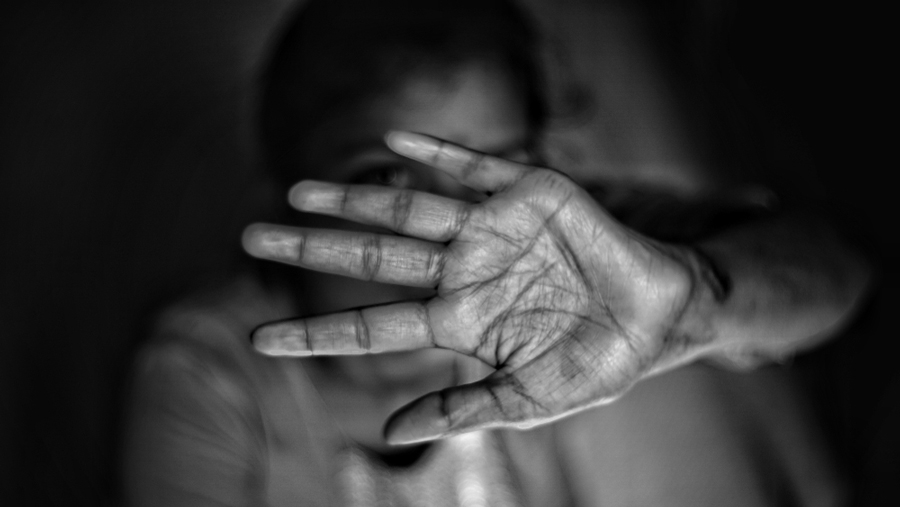The more things are supposed to change the more they remain the same. Countrywide protests and campaigns on occasions of the ugliest sexual crimes against women, changes in laws against such crimes, the insistence on the rights, dignity and autonomy of women seem to have barely made a dent on assumptions that encourage the belittling of women in an imagined but coercive kinship structure. A special leave petition before the Supreme Court has sought a direction to high courts and trial courts not to make comments during trials for sexual crimes or impose conditions when granting bail to the accused that would trivialize the suffering of the survivor. While the petition mentioned 12 such instances by different courts, the immediate occasion was the bail condition offered to an accused by the Madhya Pradesh High Court, that he visit the survivor with sweets, money — like a gift — and to exchange rakhis with the promise to protect her always.
The desire to compromise displayed by institutions that are meant to deliver justice dilutes or even nullifies the gravity of sexual attacks. It gives perpetrators a sense of impunity, and sometimes, when the accused are brought to trial, leads to lighter sentences or even acquittal. Simultaneously, the survivor’s loss of dignity and autonomy is shown not to matter to society as long as a kind of spurious social order can be forcibly imposed by traditional relationship patterns — brother-sister or husband-wife. Gender-biased Indian society balks at penalizing the male in a sex crime. A rape accused in Odisha married the survivor during his bail in June, professedly with blessings from parents on both sides. Such ‘solutions’ are against the law, but are made possible because of the stigma surrounding the survivor. In a male- dominated shame culture, rape is the woman’s shame, not the criminal’s. The pressure, both social and economic, on the survivor’s family should they have to provide refuge to a raped girl, may prompt courts, the police, not to speak of panchayats and neighbours for whom rape is hardly a crime, to encourage these marriages. The criminal gets off scot free. What happens within the marriage is nobody’s business: the destruction of the woman’s sense of self, of physical and mental inviolability, and of agency is something that society desires anyway.











